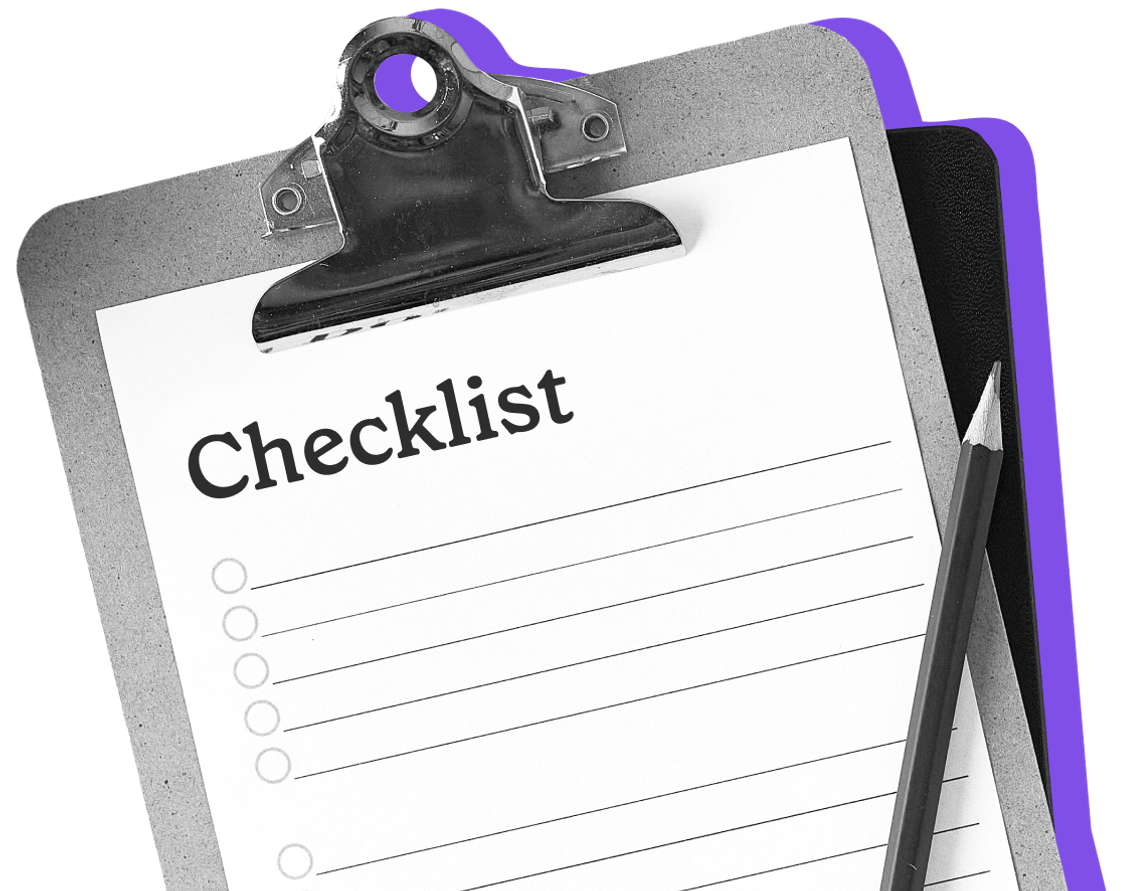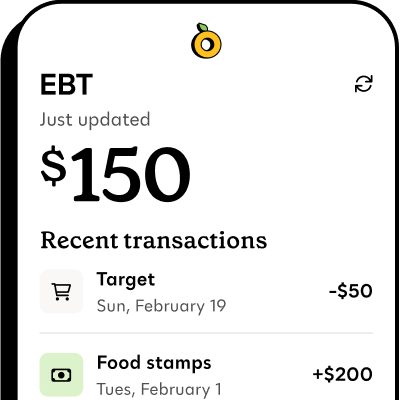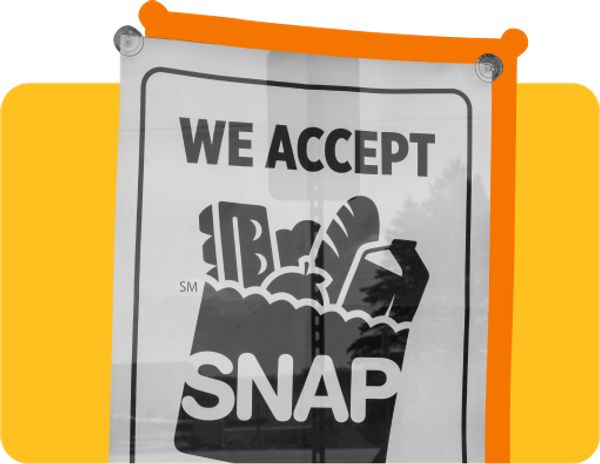


Additional expert review by
Table of contents
Key takeaways
- New SNAP rules mean that millions more Americans will have to prove they meet, or are exempt from, work requirements
- That means showing that you’re exempt, or that you work, volunteer, or participate in approved programs for the equivalent of 20 hours a week (or 80 hours a month)
- Not meeting the work requirements could put you at risk of losing your benefits
- The new rules are in effect now, but you may not have to show any proof until your next recertification
- Make sure your contact information is up to date with the state, and be on the lookout for official notifications
SNAP work requirements are rules that require certain groups of people to work, look for work, volunteer, or participate in job training in order to qualify for food stamps.
The work doesn’t necessarily have to be for a paycheck—unpaid volunteer work or work done in exchange for something other than money can count too.
In July 2025, President Trump signed the “One Big Beautiful Bill Act,” which expands existing work requirements to include more types of SNAP recipients.
More SNAP participants than ever before will need to work or volunteer at least 20 hours per week or participate in training programs to keep their benefits—and many people who were previously exempt from work requirements will now have to show they meet them or risk losing their food stamps altogether.
What are the new SNAP work requirements? (2026)#what-are-the-new-snap-work-requirements-2026
SNAP has two types of work requirements: General work requirements and what are often called "ABAWD" work requirements.
General work requirements for SNAP#general-work-requirements-for-snap
Most people on SNAP who are able to work already are subject to the general work requirements for SNAP.
To keep your SNAP benefits, you need to:
- Register for work, if asked by your state
- Tell your state about your work or availability to work, if you're asked
- Participate in a SNAP Employment and Training or workfare program, if you're asked
- Accept any job offers you get, unless there is a good reason not to
- Not quit your job or voluntarily reduce your hours (without a good reason) if you’re already working 30 hours (or earn $217.50) per week
If you don't follow these rules, you could lose SNAP benefits for at least a month. Not following these rules consistently could mean losing your SNAP benefits altogether.
If you already work more than 30 hours a week or make more than the equivalent of 30 hours a week's worth of the federal minimum wage (meaning you make more than $217.50 a week) you generally don't have to worry about the general work requirements (unless you quit your job or cut your hours without a good reason).
ABAWD work requirements for SNAP#abawd-work-requirements-for-snap
If you are able to work and between the ages of 18 and 64 (this age range changed in 2025), you need to meet additional work requirements—called “ABAWD” work requirements—to get SNAP for longer than three months over a three year period.
You can meet this requirement by working at least 80 hours a month, participating in a work program for at least 80 hours a month, or doing both for a total of at least 80 hours per month.
You can also participate in workfare for your assigned hours—the number of hours will depend on your SNAP benefit amount.
This work doesn’t have to be for a paycheck—it can be unpaid volunteer work or work done in exchange for something other than money.
If you have to meet the ABAWD work requirement but don't, you'll lose your benefits after three months. To get SNAP again, you must meet the work requirement for 30 days or become exempt.
Remember to track your hours and get documentation from your employer or program to keep receiving benefits.

Propel is the #1-rated EBT balance checking app
Who is exempt from SNAP work requirements?#who-is-exempt-from-snap-work-requirements
You're exempt from SNAP work requirements if you're:
- Unable to work due to a physical or mental health reason
- Pregnant or live with someone under 14 as part of your household
- A member of certain Native American or Alaska Native tribes or groups
- In an area with high unemployment rates where SNAP work requirements have been waived
Most people who are exempt from general work requirements are automatically exempt from the ABAWD work requirements too.
That doesn't include people ages 60-64, who may still need to prove they're meeting the ABAWD work requirements even if they're exempt from the general work requirements for SNAP.
When do the new SNAP work requirements go into effect?#when-do-the-new-snap-work-requirements-go-into-effect
The new work requirements are in effect now (meaning more people have to meet work requirements).
Most states will start checking to make sure SNAP recipients meet the newly enacted work requirements on Dec. 1, 2025, although some states may have begun this process earlier.
It will happen for new applicants when they first apply for SNAP, but for most people, prepare to show proof at your next SNAP recertification.
That means that if you just recertified your benefits before Nov. 1, you may not need to do anything until your next recertification, generally in six to twelve months.
However, some states may apply these rules before a household’s next certification. If they do they must provide written notice and an opportunity to submit additional information or verify exemptions before benefits are reduced or terminated.
Is every state on the same timeline?#is-every-state-on-the-same-timeline
No, checking to make sure everyone meets the work requirements will happen at different times in different states, and may even depend on which county or city you live in.
Some states and territories have waivers in place that mean that the new work requirements won't go into effect until a month or two into 2026, including:
- California
- District of Columbia
- Guam
- Illinois
- Nevada
- Virgin Islands
Other states that are starting to check work requirements have waivers in place that mean it will happen later in certain counties, towns, or cities—for example in Pennsylvania, new work requirements are in place everywhere except the cities of Lancaster and Lebanon, where they won’t begin until September 2026.
What counts as proof for SNAP work requirements?#what-counts-as-proof-for-snap-work-requirements
In order to show you’re meeting the new ABAWD work requirements, you’ll need to provide documents that prove you’re working, volunteering, or participating in an approved program for the equivalent of 80 hours a month.
The requirements may vary by state, but generally, you should make sure you have documents like:
- Paystubs from the last 30 days
- An employment verification form or a written statement from your employer containing the required information
- Contact information for your employer (like a phone number and email address)
- The previous year’s tax return (1040 with Schedule C, 1099) if you’re self-employed or a gig worker
How did SNAP work requirements change under the "Big Beautiful Bill?"#how-did-snap-work-requirements-change-under-the-big-beautiful-bill
More people now have to prove they’re meeting the ABAWD work requirements than in previous years.
They may go into effect automatically for some people, or they may be applied when you go to recertify your SNAP benefits.
Here’s who is most affected by the new SNAP work requirements:
- Adults between 55 and 64: The age range for meeting the ABAWD work requirements increased to 64 (it was previously 54). This means anyone who is not exempt between the ages of 18 and 64 will now have to prove they’re meeting the work requirements
- Parents with older children: Parents whose youngest dependent child is 14 or older will now need to meet work requirements (previously any parent with a dependent child age 18 or younger was exempt).
- Veterans, people experiencing homelessness, and former foster youth: These groups will lose their current exemptions and need to meet ABAWD work requirements going forward
- People in areas with high unemployment: Going forward, states can only waive the ADAWD work requirements in areas where unemployment exceeds 10 percent, making it much more difficult for states to provide relief in areas with limited job opportunities.
States will also need to update their systems to reflect these changes, which could take some time. The Propel app can help you stay up to date with the latest news on work requirements.







